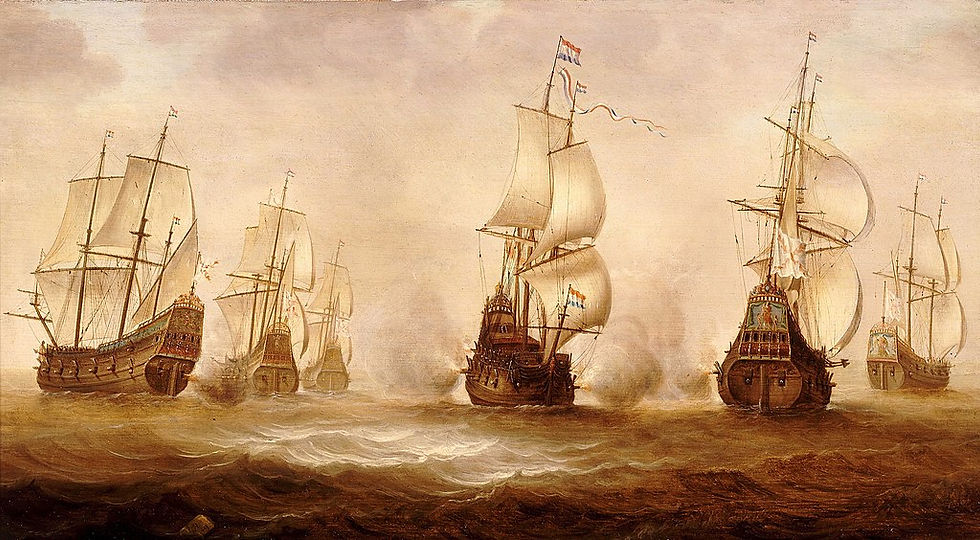Naked Storytelling by James Edgar Gault
- authorvalpenny
- Feb 3, 2021
- 3 min read
It is a delight to welcome Scottish author James Edgar Gault to the website today to offer his writing advice to my readers. Over to you, James.
Sorry to disappoint your readers,Val, but this is not about stripping off and reading your latest work aloud to an appreciative but amazed audience. Nor is it a survey of the work of naturist story writer Ted Bun. Instead it is a resume of some of the things that exasperate me when I come across them in novels, and even in very well-known novels by famous and successful authors.
My main message is this: if you’re a writer with a story to tell, please just tell it. Without diverting embellishments. Most authors have an insatiable predilection for wandering off the point. It is too easy to find 100,000 word novels that really should be 80,000. How often do I find myself yawning, screaming ‘I don’t need to know that’ at the pages, skip reading, or in the worst cases, throwing the book away? How do these annoying distractions arise? I’m going to look at four situations in which novelist can get carried away and inadvertently plump up their books with superfluous padding.

UNNECESARY DIVERSION TYPE 1 - THE CHARACTER BIOGRAPHY
The first of these arises when the author is developing characters. In order to ensure that what they do, say and think is credible, a writer has to invent a whole life story for all but the minor characters. But is it necessary to regurgitate every detail of this fictitious past history into the actual finished work? Does the reader need to know who X’s great-great grandfather was, or that she had chickenpox twice as a toddler? The reader trusts that every piece of information given is relevant. Writers who lack the discipline to restrict themselves to the essential lose the trust and ultimately the patience of the reader.
UNNECESSARY DIVERSION TYPE 2 – THE OVERDONE DESCRIPTION
Another source of literary waffle arises in descriptions of places or people. There are many valid reasons for indulging in detailed descriptions, like for example the creation of atmosphere, to illustrate some aspect of a character’s personality, to provide information which will later have some relevance to the plot. Some authors also believe that they are obliged to provide word pictures, to prompt the reader to picture the setting of a scene or someone’s appearance. But some then go overboard: indulging their love of the landscape, their obsession with clothes or physical features, or even just their love of using words.

UNNECESSARY DIVERSION TYPE 3 – THE POLITICAL ASIDE
Some novelist just cannot pass an opportunity to pass up slipping their political and social viewpoints in to their work. This can often be done both subtly and briefly, and in such a way that it integrates into the story and enhances its significance. But even great novelists - Anthony Trollope is one - are sometimes unable to resist the temptation to interrupt their stories to present vast political manifestos.
UNNECESSARY DIVERSION TYPE 4 - RESEARCH REPORTS
This is a diversion that appears most frequently in historical novels, although authors of other genres have to carry out research and are susceptible to it as well. It is quite understandable that writers who have spent hours and hours researching the background for their stories want to make maximum use of that research. It is a dangerous temptation. Readers don’t like it when they realise they are being subjected to a large tract of information with little relevance to the plot but which the writer has taken herculean efforts to find and, ‘by god, you are going to have to read it’. A modified version of this type of diversion appears in Fantasy novels, where the author feels the need to elaborate in minute detail on the universe they have created, perhaps even with the aid of many diagrams and maps. If you have read some of the great fantasy epics, you may well recognise this one.

ADVICE TO WRITERS
Readers don’t need to be warned of these faults; they react simply by putting the book down and starting another or skipping whole sections. If writers want to avoid this fate for their works, this may be a good maxim: don’t miss out on essentials, but if they don’t need to know, don’t tell them!

The Author
James Gault is a Scottish writer and author of novels, short stories, poems and articles. His most recent novel is the historical mystery thriller ,The Dijon Secrets, (amazon link : https://www.amazon.co.uk/Dijon-Secrets-when-evil-begets-ebook/dp/B08MDD9ZW9/ )
and he has written political satires in the Scottish dialect ( amazon links:
His short stories have appeared in several anthologies. He also produces an on-line magazine on literary topics at www.voxlit.com
A full list of his books can be seen on his Amazon page at https://www.amazon.co.uk/James-Gault/e/B004JJOXW4/
You can contact James via his Facebook page at https://www.facebook.com/jgaultbooks







Comments